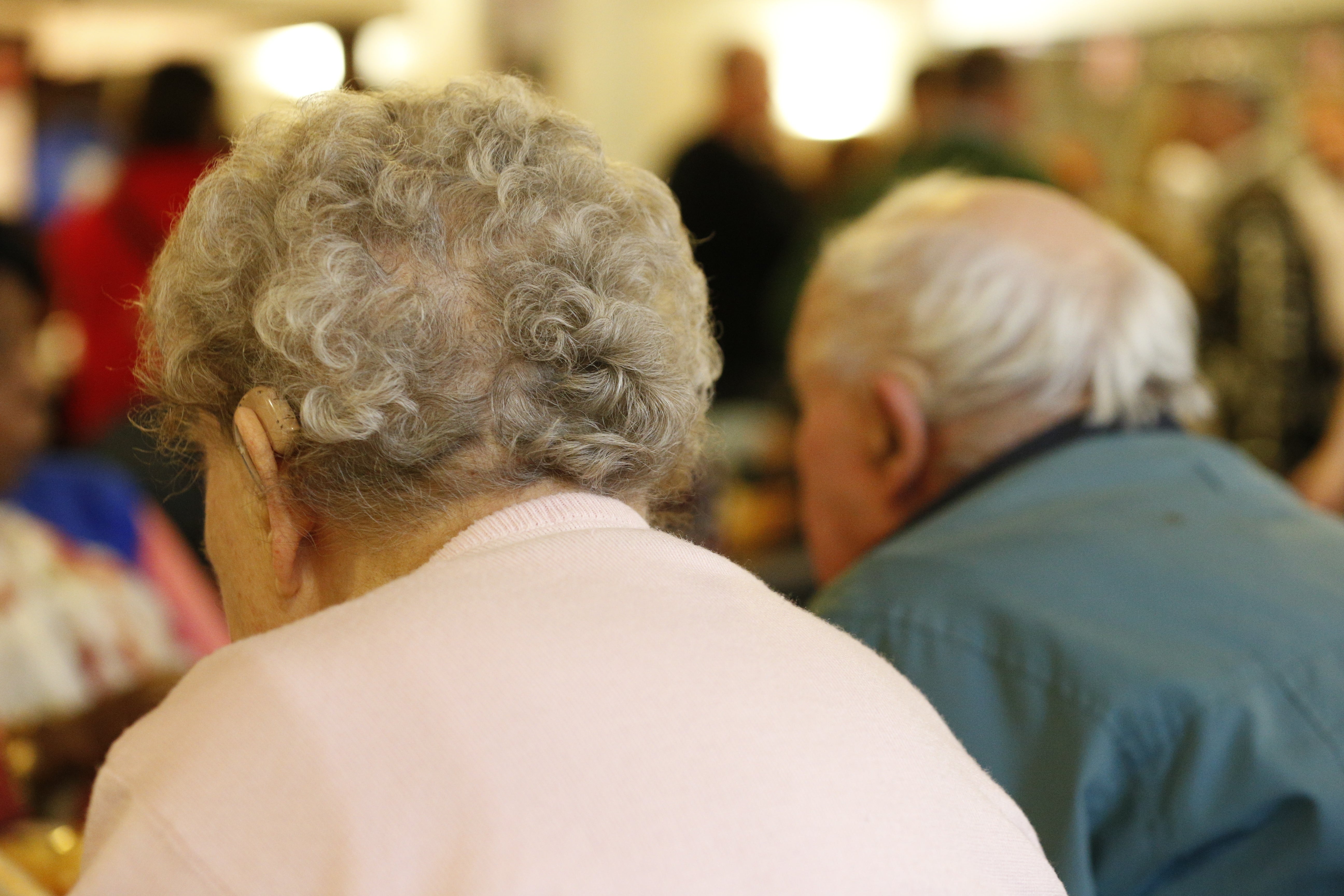Older people without children feel ‘invisible’ and fear for future, peers told
There is still ‘considerable prejudice’ around not having children, according to the charity Ageing Without Children.

Your support helps us to tell the story
From reproductive rights to climate change to Big Tech, The Independent is on the ground when the story is developing. Whether it's investigating the financials of Elon Musk's pro-Trump PAC or producing our latest documentary, 'The A Word', which shines a light on the American women fighting for reproductive rights, we know how important it is to parse out the facts from the messaging.
At such a critical moment in US history, we need reporters on the ground. Your donation allows us to keep sending journalists to speak to both sides of the story.
The Independent is trusted by Americans across the entire political spectrum. And unlike many other quality news outlets, we choose not to lock Americans out of our reporting and analysis with paywalls. We believe quality journalism should be available to everyone, paid for by those who can afford it.
Your support makes all the difference.Older people without children feel “invisible” in society and greatly fear for their future, peers have been told.
There is still “considerable prejudice” around not having children, on top of a general stigma around getting older, according to Kirsty Woodard, the founder and director of Ageing Without Children (Awoc).
She told the House of Lords’ Adult Social Care Committee: “What people ageing without children mostly say to me is that they have a great fear for their future.
“And that fear for their future is rooted in a number of things. The first – and this is a constant thing for people ageing without children – is their complete and utter invisibility.
“They are invisible in society, and therefore they are invisible within adult social care because adult social care is obviously part of society.”
They are also worried about having “absolutely nobody to speak for them” when they come to need extra care or support, or reach a point where they cannot advocate for themselves.
Ms Woodard said older people without children end up in care homes sooner because they cannot draw on informal support from family members.
Another issue is that children tend to arrange care for their elderly parents, so people without children can struggle to fully look into their options, particularly if they are not confident using computers or smartphones to browse online information.
Ms Woodard said it is important that social care services, and the means by which care can be accessed, do not rely “either explicitly or implicitly on having a younger family member to make it work”.
She also highlighted examples of “appalling” prejudice against those who have not had children.
She has seen it suggested that people without children should not be allowed to vote “because they have no stake in the future”.
You're seen as slightly less a person, because you don't have children, even if that wasn't your choice
In another case, she said one woman who had an appointment at her building society was called a “selfish cow” when the staff member became aware that she did not have children.
She continued: “All of that contributes to the invisibility, because you’re seen as slightly less a person, because you don’t have children, even if that wasn’t your choice.
“You’re still seen as not quite part of society, you’re not quite an adult.
“And even, you know, generally speaking, when we talked about the Budget and savings, there’s always lots and lots of rhetoric around hard-working families – there’s very little comment on people who live alone, people who don’t have children, you’re just simply not there, you’re just simply not seen as part of society. And I think that that invisibility plays into the narrative for older people in later life.”
According to the Office for National Statistics (ONS), high levels of childlessness among baby boomers and increased life expectancy means there will be many older people in the future without adult children.
This is likely to increase demand for formal social care, as adult children are the most common provider of informal care to ageing parents, and those without children are more likely to receive formal care.
By 2045 in England and Wales, ONS research suggests the number of women over 80 without children is projected to increase to 66,000 – more than three times the number for 2019.
Ms Woodard also criticised the “complete and utter lack of data” on people who are ageing without children, saying all that is recorded is the number of women who do not give birth.
She said: “We do not record if men do not become fathers, we only record if women do not become mothers.”
However, there will also be people who have children who have become estranged, have died before them, do not live nearby, or who have care needs of their own and therefore cannot care for their parents, who are not being captured in existing data.